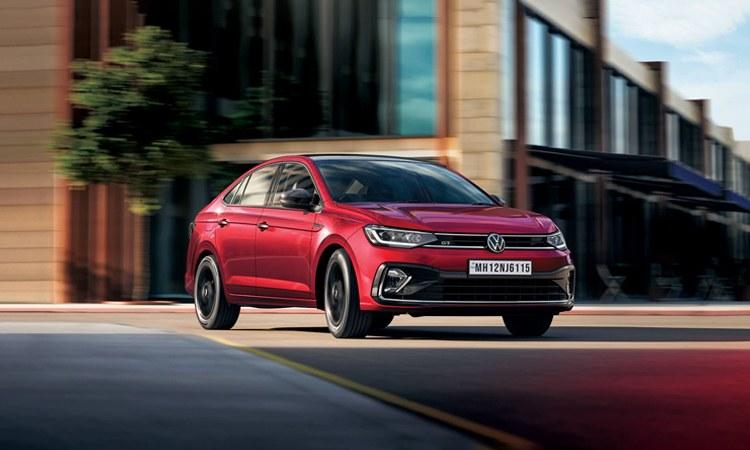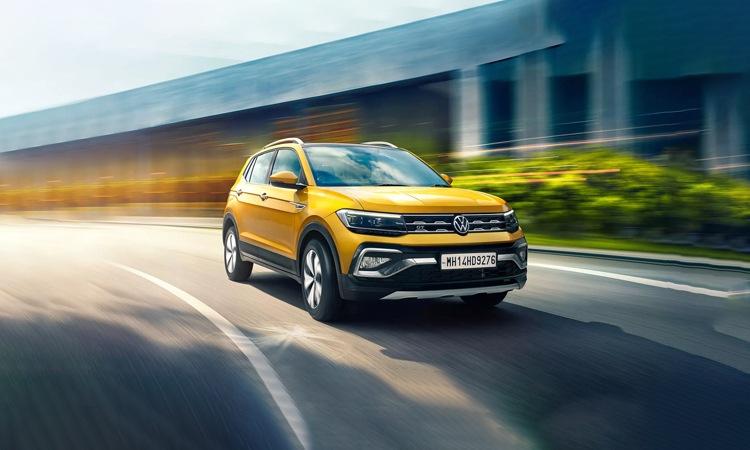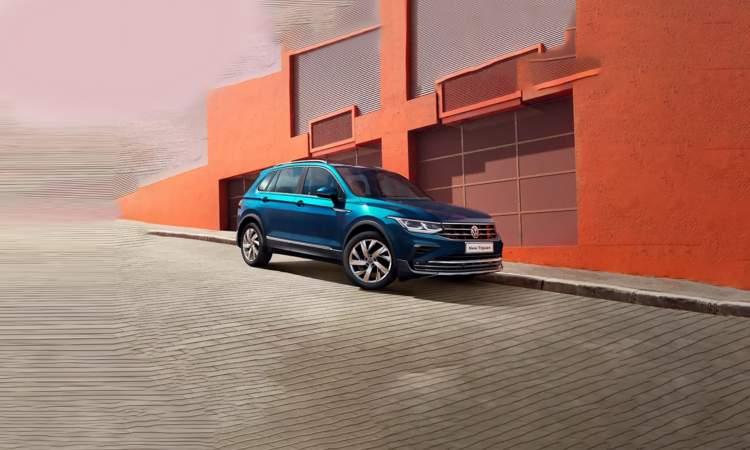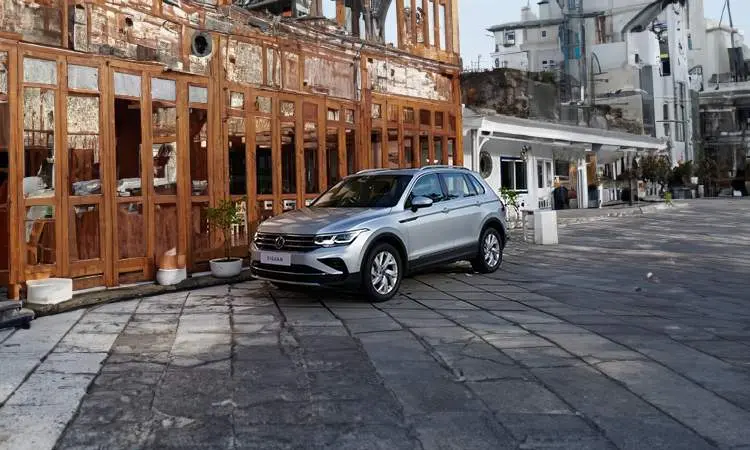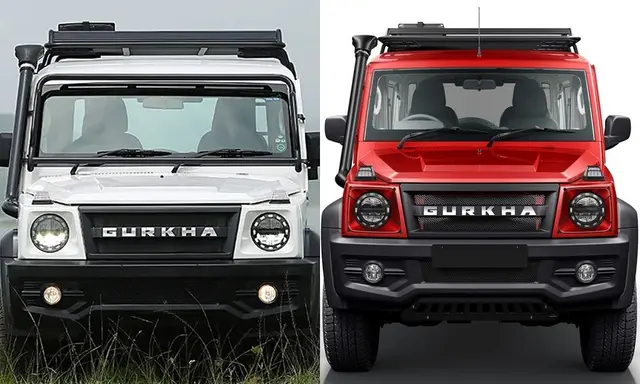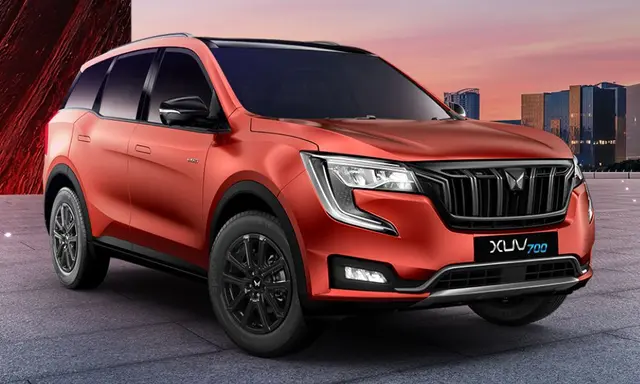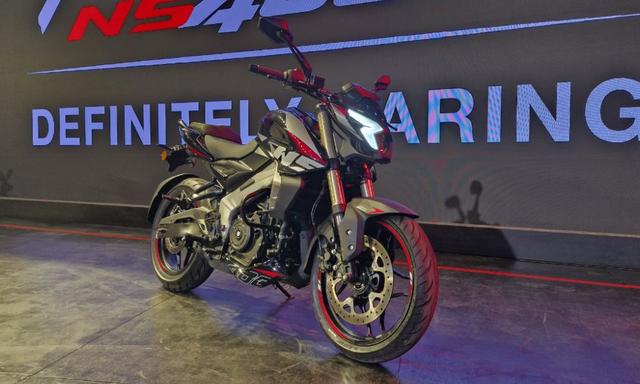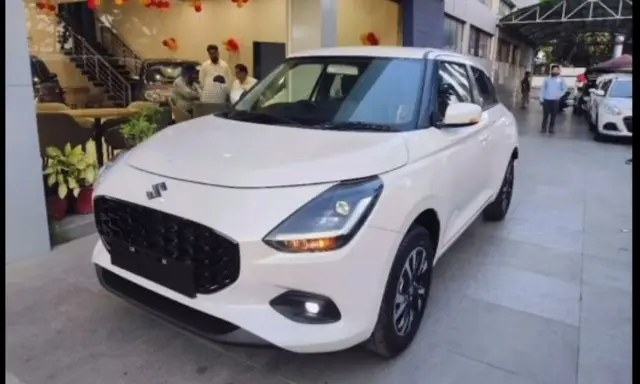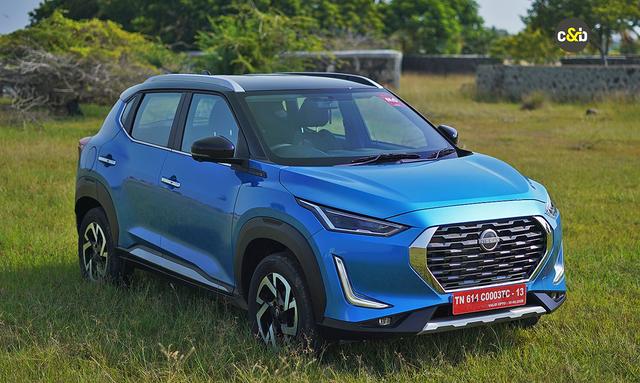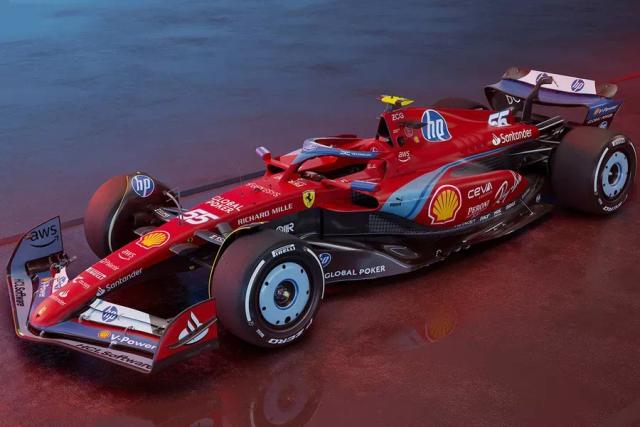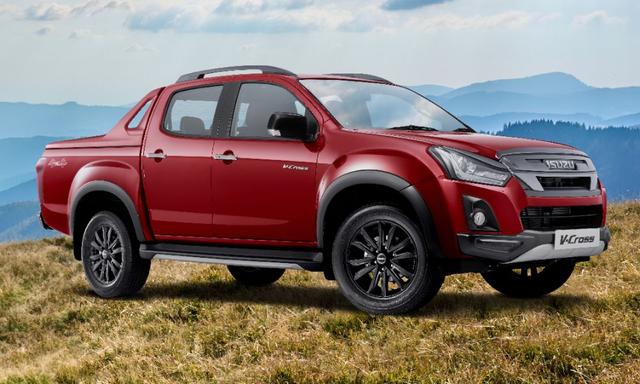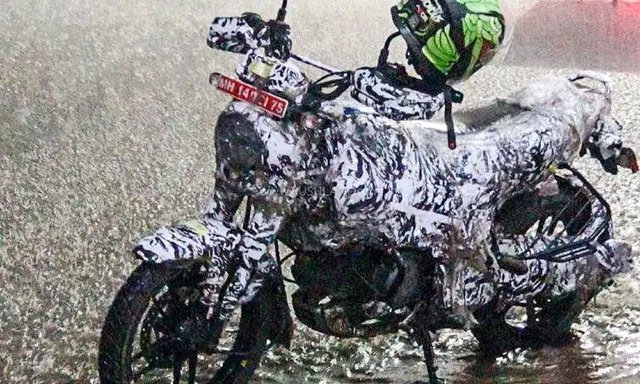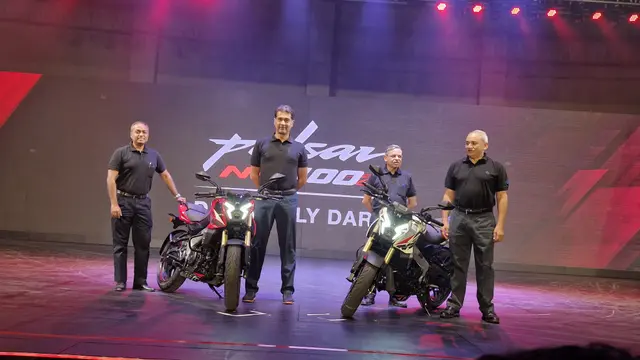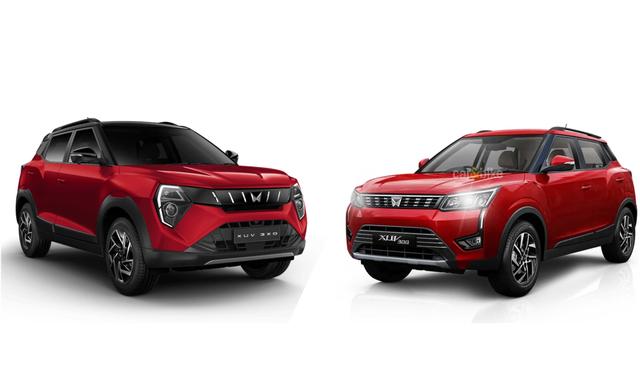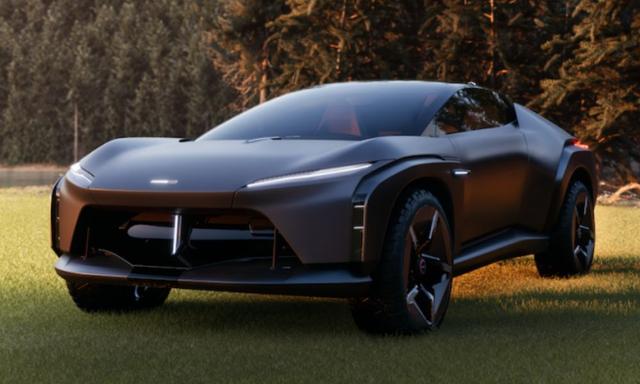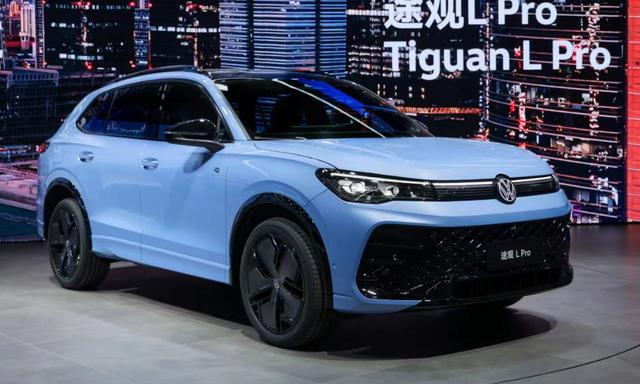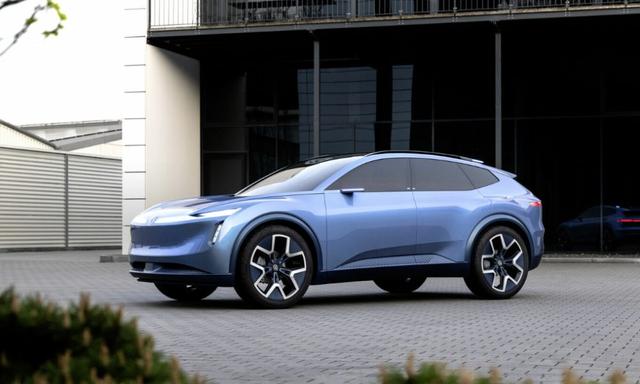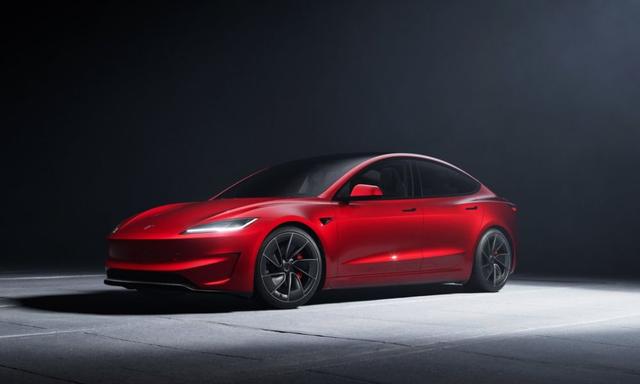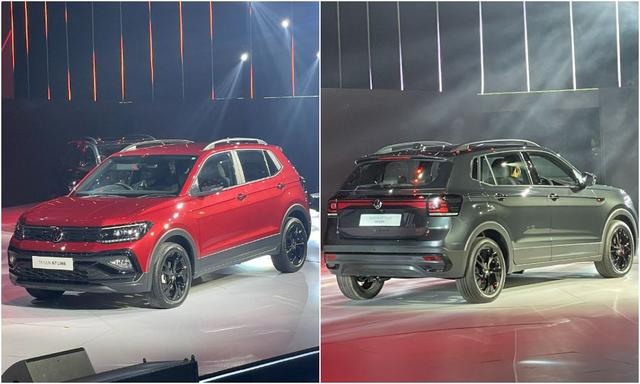Volkswagen Group To Spend To 73 Billion Euros Developing Future Technologies
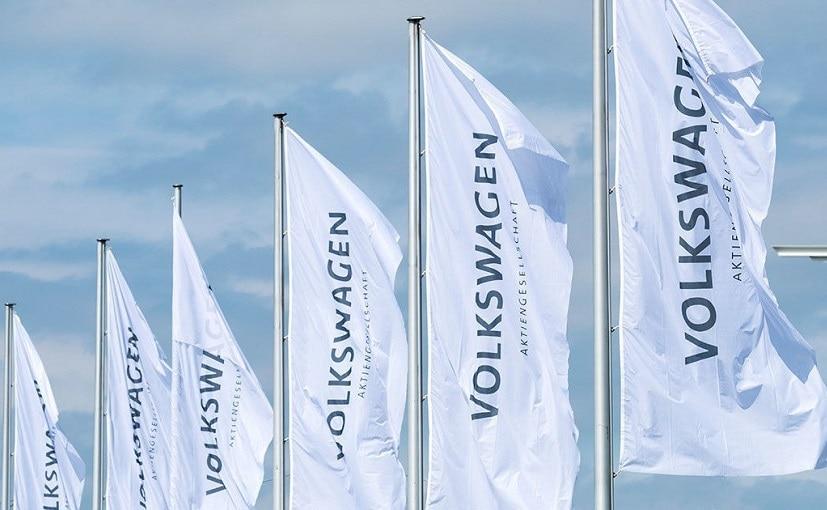
Highlights
The Volkswagen Group is pressing ahead with its transformation into a digital mobility company. As decided in Planning Round 69, the Group will spend around 73 billion Euros on electrification, hybrid powertrains and digital technology over the next five years. Investments in Capex and R&D for future technologies will be raised to 50 percent from 40 percent of the Group's total investments of around 150 billion Euros. Investments in digitalization will double to 27 billion Euros by mid-decade, reflecting the Group's strong focus on building up software capabilities. Approximately 35 billion Euros will be spent on battery-electric vehicles. A further approximately 11 billion Euros has been earmarked for the development of hybrid vehicles of existing models.
Also Read: Volkswagen To Invest $233.5 Million In Motors Output In Mexico

The Volkswagen Group will spend around 73 billion Euros on electrification, hybrid powertrains and digital technology over the next five years.
Herbert Diess, Chief Executive Officer of the Volkswagen Group. “In the coming years, it will be crucial to also reach a leading position in car software in order to meet people's needs for individual, sustainable and fully connected mobility in the future. To that end, we have doubled our digitalization spend.”
The Planning Round is based on the expectation that the global economy will grow moderately over the next five years. Moderate growth with regional differences is also anticipated for the individual markets. The increase in productivity of 30 per cent and savings in administration are to secure the transformation financially. In addition, the Group is systematically working on the optimization of its product portfolio. Thus, model variants, engine-transmission combinations and features that are less in demand will be streamlined in order to reduce the complexity and increase the efficiency of the portfolio. The planning excludes the joint venture companies in China, since they are not part of the consolidated group and finance investments in plants and products from their own resources.
Over the next ten years, the Group intends to launch approximately 70 all-electric models by 2030. Around 20 of these are already in production, with 50 more to follow. In addition, around 60 hybrids are planned by the end of the decade, slightly over half of which are already being manufactured.
The Planning Round envisages production of approximately 26 million fully electric cars by 2030. Some 19 million of these vehicles will be based on the Modular Electric Drive Toolkit (MEB), with most of the remaining seven million to use the high-performance PPE platform. The Group estimates production of around seven million hybrid vehicles over the same period.
Wolfsburg will add a model to its portfolio: another SUV targeting the European market will roll off the assembly line from 2024. The site already produces the entire Golf family with all its derivatives, the Volkswagen Tiguan and the Seat Tarraco.
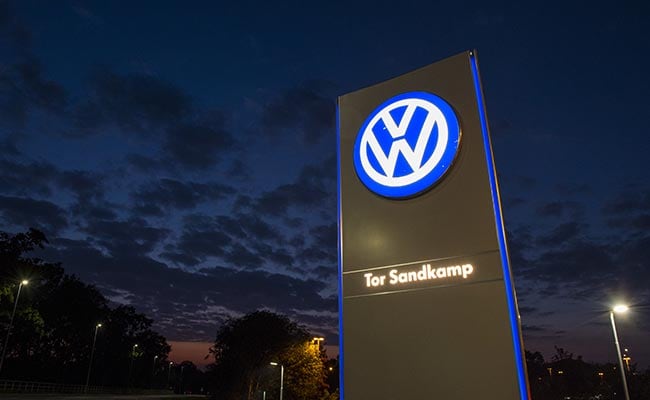
The Planning Round envisages production of approximately 26 million fully electric cars by 2030.
In future, Volkswagen Commercial Vehicles will build the all-electric ID. Buzzat its Hanover location, along with three fully electric D-SUV models for other Group brands. The Hanover site is thus accelerating the transformation to electric mobility that has already commenced.
At the Volkswagen's brand plant in Emden, the transformation is also progressing rapidly: while the construction work for the switch to electric mobility is fully on track, the second electric model for the site has now been defined. In addition to the ID.4, the four-door all-electric Volkswagen Aero is scheduled to be manufactured there from 2023.
Also Read: Skoda Karoq and Volkswagen T-Roc: How Are They Different?
At the same time, the Passat currently built in Emden will be produced in Bratislava, Slovakia, starting in 2023 – together with the Skoda Superb family – which will leverage synergies within the vehicle family here, too. Moving production of the SUPERB from the Czech plant in Kvasiny to Bratislava will give ŠKODA the necessary capacity in the Czech Republic to carry out the brand's growth plan.
Explore More
Latest News
Related Articles
